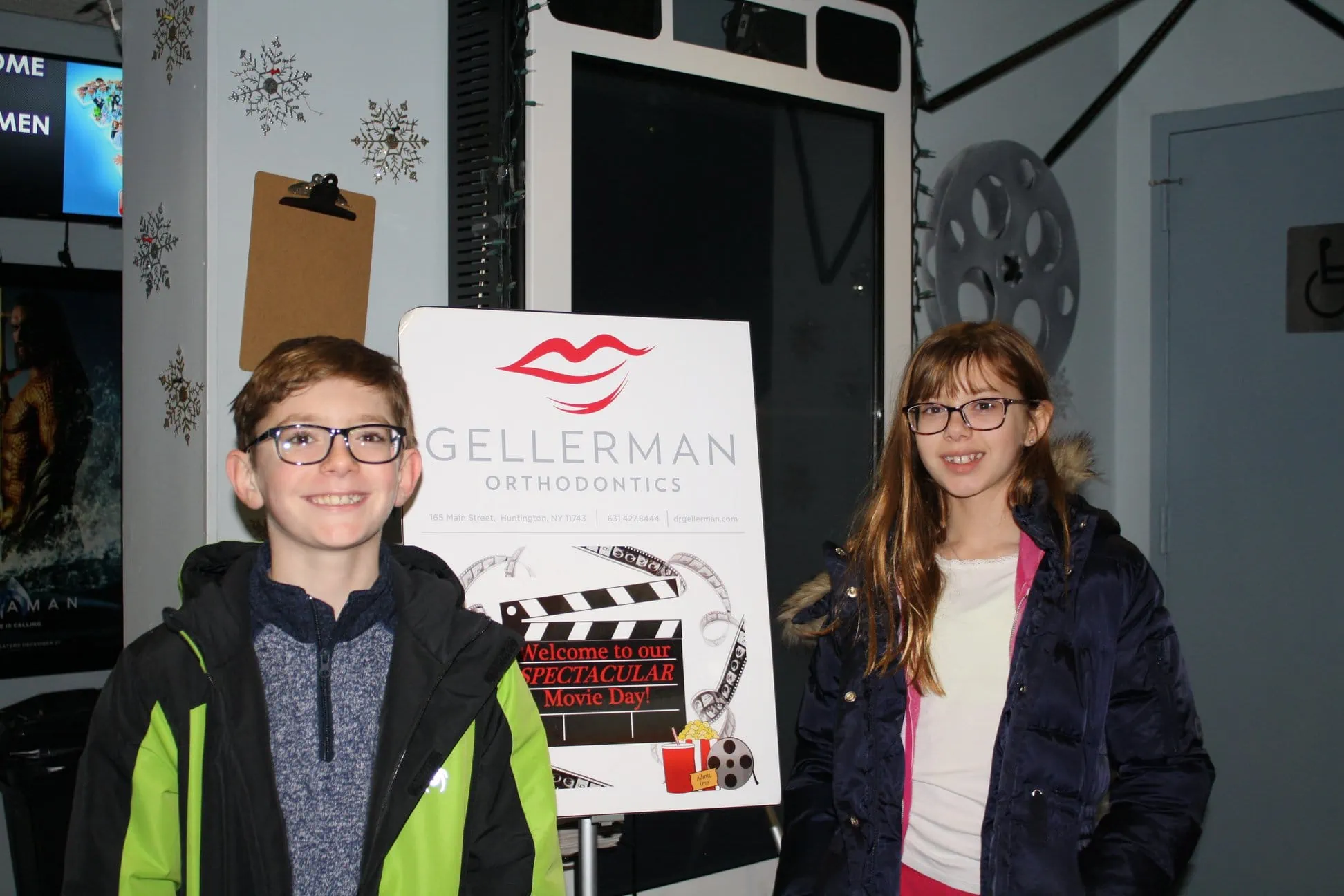What is Integrative Orthodontics?
Orthodontics is known to give patients beautiful smiles, but today’s Integrative Orthodontics accomplishes far more. Integrative orthodontics is a holistic approach to orthodontic treatment that addresses the whole patient and health problems resulting from underlying orthodontic issues. These can include sleep apnea, teeth grinding, deficient growth and development, chronic jaw pain, headaches, and behavioral issues resulting from insufficient sleep.
Integrative Orthodontics is especially important for pediatric patients, whose oral structures have not completed growing. By identifying and treating orthodontic issues early in life, they will enjoy greater health and avoid the need for more invasive orthodontic treatment later on.
When Dr. Gellerman performs an orthodontic evaluation, she does more than look at the teeth and jaw. The entire head, neck, and all facial structures are evaluated to identify any problems. This includes the oral cavity, the size and shape of the jaw, breathing, tongue placement and strength, and teeth. Digital diagnostic images are taken to reveal the entire internal structures, including the airways.
A common example of how integrative orthodontics solves health issues is a young child with a small palate who suffers from sleep apnea and breathes through their mouth day and night. When they are seen at an early age, they can be treated with a palate expander, which expands the jaw and widens the airway. By addressing the structural problem, airways are opened, the child sleeps better, and often, behavioral issues relating to lack of sleep are resolved. At the same time, a too-small jaw is expanded making room for future adult teeth.
Integrative Orthodontics also examines the functionality of the teeth. If the teeth do not line up along the flat surfaces, this can impact the child’s ability to speak and chew properly. A child with a bad bite or a severe overbite or malocclusion can place more pressure on certain teeth and wear them down unevenly, further worsening the teeth and their performance. A bad bite can lead to jaw issues, including TMJ, or Temporomandibular Joint Dysfunction, causing chronic jaw pain and headaches.
By taking a multidisciplinary approach to orthodontic treatment, Dr. Gellerman ensures that her patients, children, tweens, teens, and adults, enjoy a foundation for good health.
